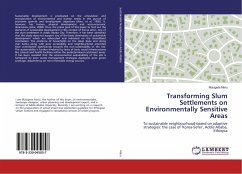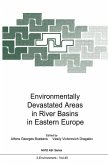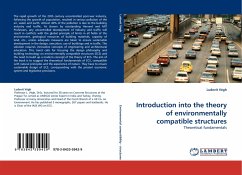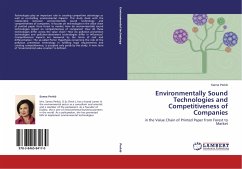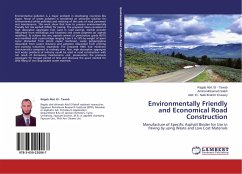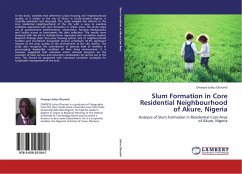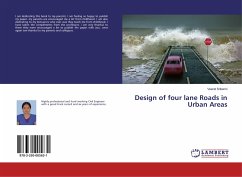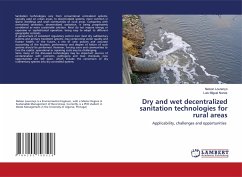Sustainable development is predicated on the articulation and incorporation of environmental and human needs in the pursuit of economic growth and development objectives (Aina, et al, 1992). It, however, has human, physical development and socio-economic dimensions (Leke, 2009). Thus, the prime goal of this paper to find out the elements of sustainable development in the context of 'Korea sefer', one of the slum settlement in Addis Ababa City. Therefore, it has been identified that the study does not support any of the basic dimensions of sustainable development which are advocated and indicated on the Brundtland commission. The existence of households on the steep slope and along river banks along with poor accessibility and neighbourhood amenities have contributed significantly towards the non-sustainability of the site. The sustainability is further hindered by lacks of basic social infrastructures like schools and health facilities within the predetermined catchment areas. Ithas been revealed that the environmental sustainability of the site is hampered by poor waste management strategies deployed, poor green coverage, dependency on non-renewable energy sources.
Bitte wählen Sie Ihr Anliegen aus.
Rechnungen
Retourenschein anfordern
Bestellstatus
Storno

